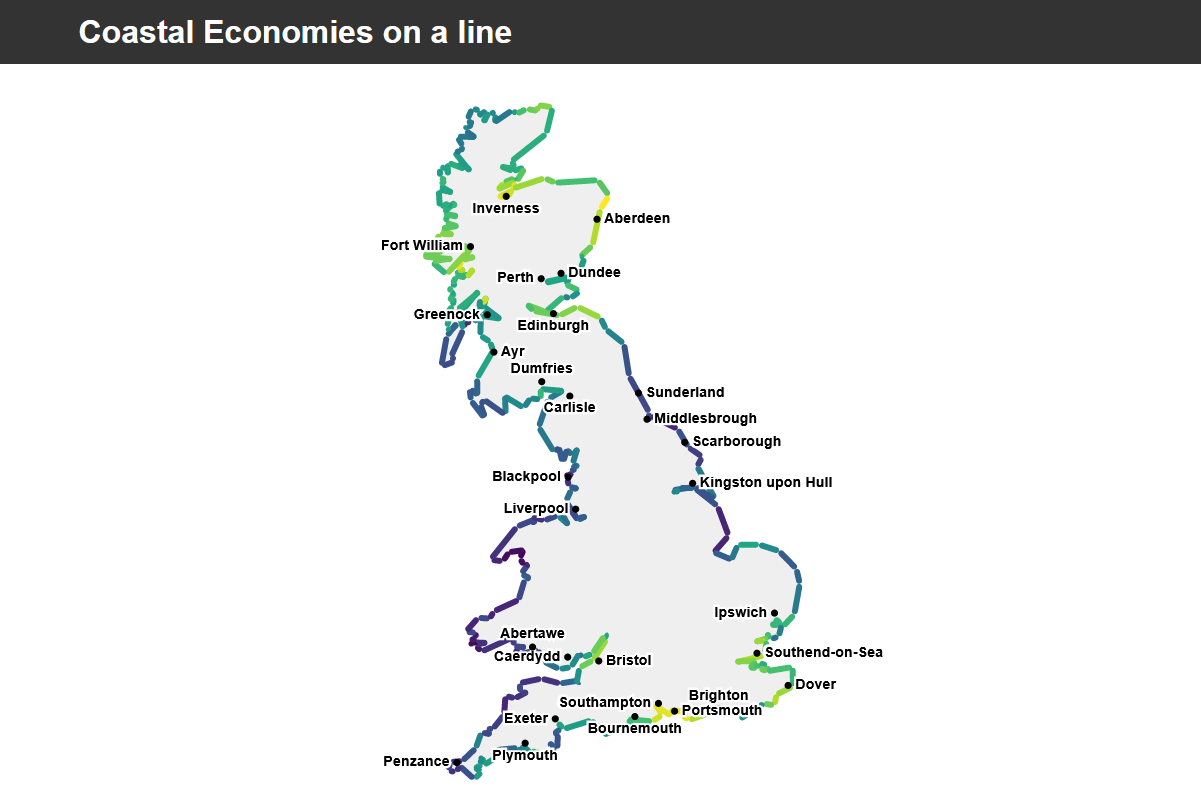
A team of Yorkshire data scientists have created new interactive maps showing the UK coastline as a single straight line to plot economic data.
Is the coast poor? that's the question behind a new new data project being undertaken by the Open Data Institute in Leeds and the UK Major Ports Group.
They've been collecting data from across Europe which has thrown up some interesting findings on coastal economies.
A team from the open data institute has been income levels on maps and concluded that while in France wealthy people choose to live on the coast the situation here is very different.
Tom Forth is ODI's head of data, he explains what they've found
The team have plotted their findings on a number of maps.
The most innovative map enables a range of economic data to presented on a standard map but then switched to a view representing the entire coastline as a a single line. - click on the map for an interactive version.
The darker areas have lower incomes than the lighter areas. The map shows that while large swathes of the English coastline, including Scarborough, Whitby, Filey and Bridlington are relatively poor, Scotland's coastline is relatively wealthy. The same map for France shows almost the entire coastline to be wealthy.
This map shows the income levels in coastal communities with darker colours representing lower income - click on the map for an interactive version.
The study has been funded by the UK Major Ports Group, Tim Morris is their CEO and says the data raises a number of questions which need to be addressed.
UKMPG say they hope the study will lead to more informed discussions about coastal economies.
"This year we have been working in partnership with ODI Leeds, looking to find, share and use more data about coastal areas. How is the coast defined? Is the coast poor? Do their economic ecosystems rely too heavily on tourism, heritage and fishing? Are coastal economies ultimately underplayed by government and misrepresented through data?
The lack of understanding and knowledge towards coastal communities caused ODI Leeds and UKMPG to come together to look at our shorelines and start collecting data to help towards answering these questions.
By commencing this project ODI Leeds and UKMPG have opened up the conversation about coastal economies - particularly how policy interventions can be focused and meaningful - using detailed and more specific data. The project aims to explore the current state of data in relation to coastal areas, and advocates for the publishing of more open data, looking to create ways of visualising these complex areas to help others better understand the needs of these communities."
The team behind the map say they hope to make more data types available on the map which could include things like average house prices. They also hope that other people will be able to make use of the open source tool to plot their own datasets.



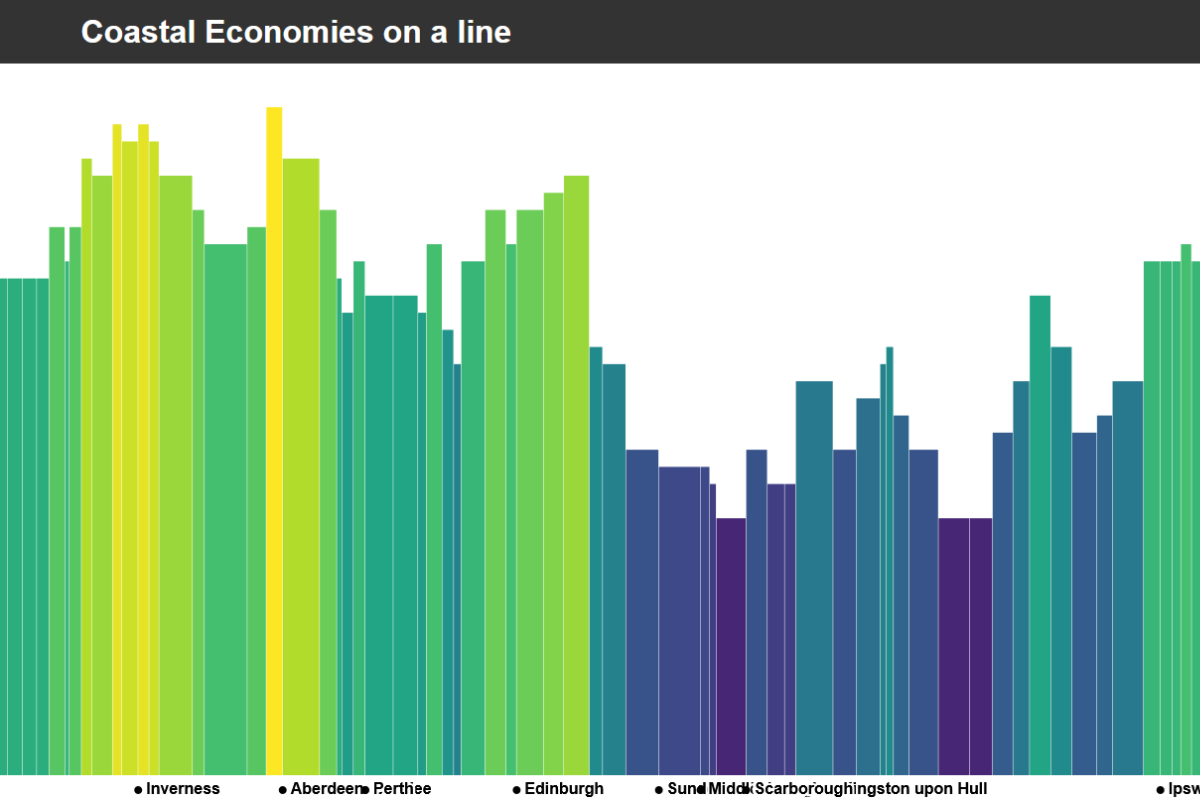
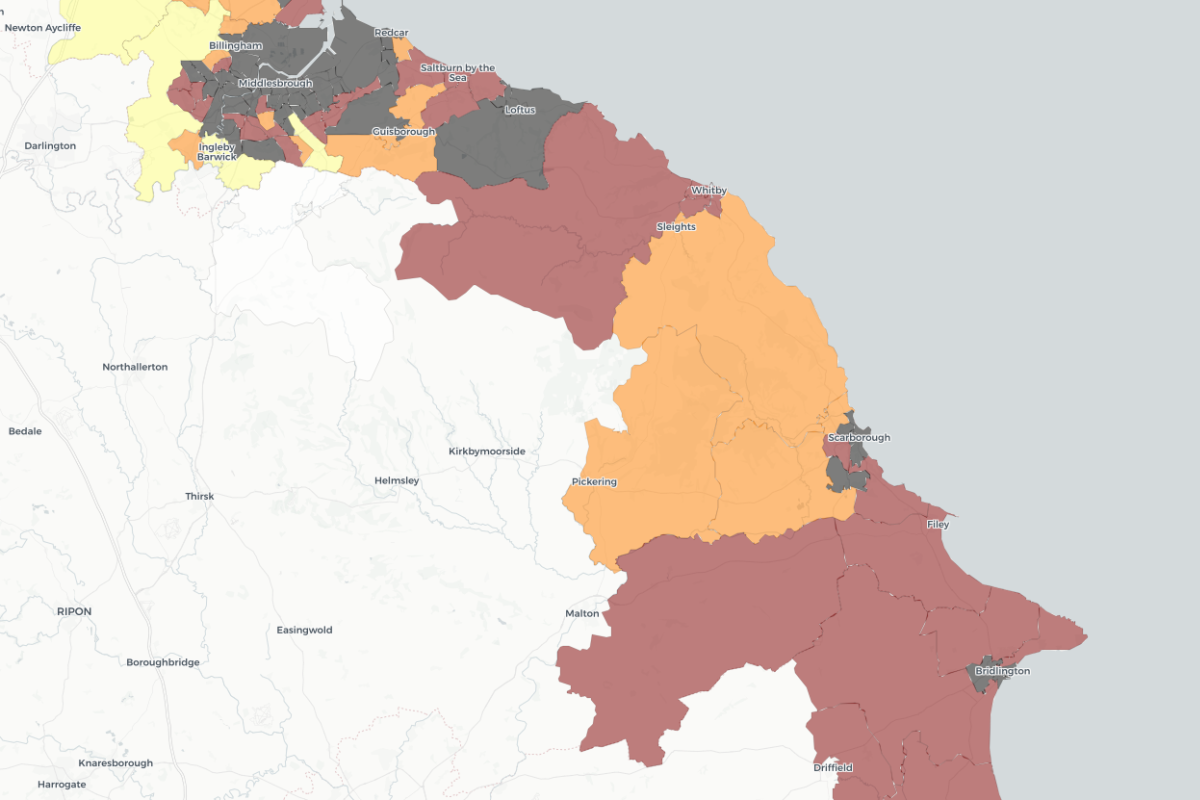

 Scarborough Athletic Through To North Riding Senior Cup Final
Scarborough Athletic Through To North Riding Senior Cup Final
 North Yorkshire Council to Take Over Management of Scarborough Museums
North Yorkshire Council to Take Over Management of Scarborough Museums
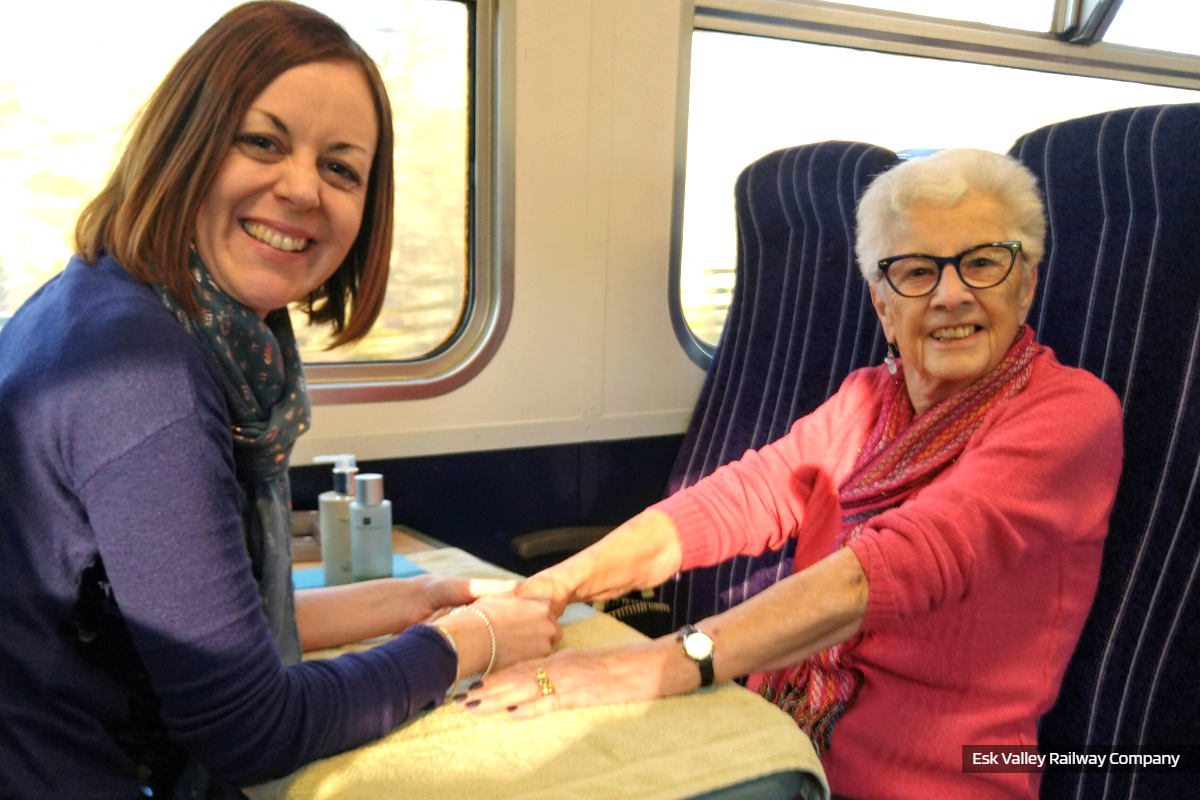 Forget Me Not Train Returns to the Esk Valley Line
Forget Me Not Train Returns to the Esk Valley Line
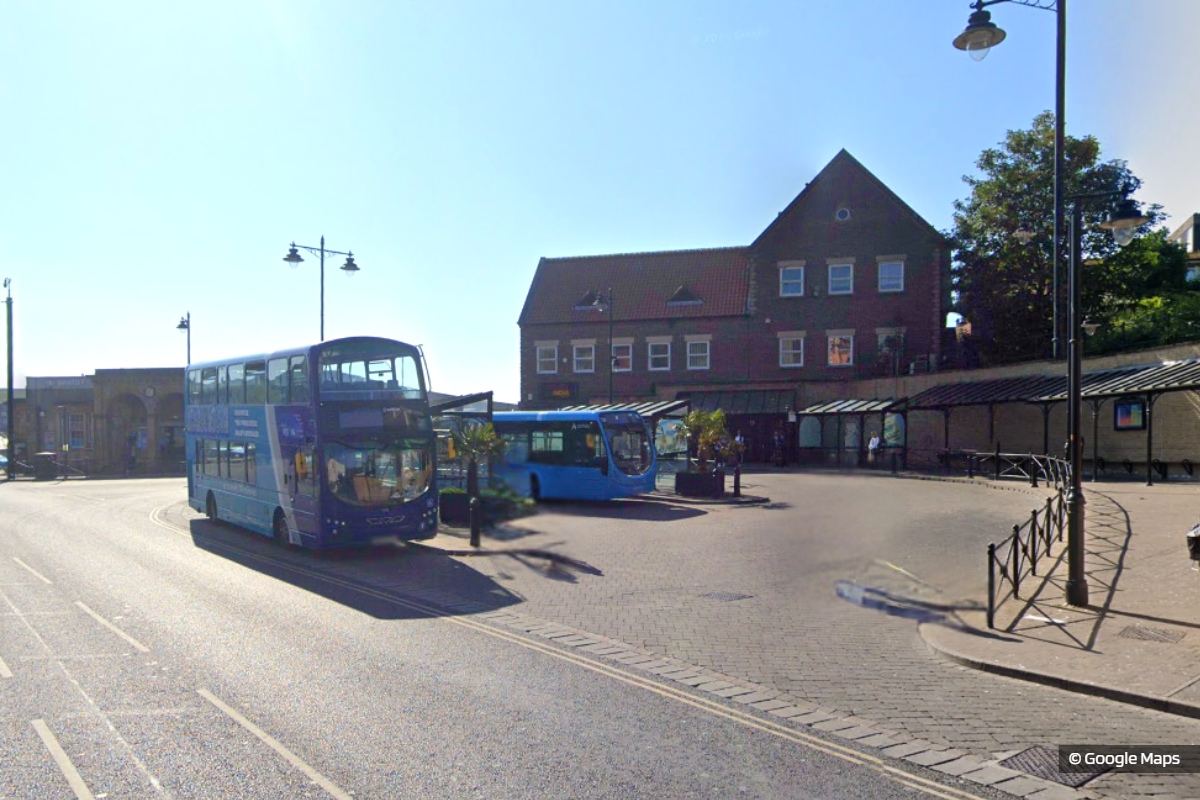 Bus Changes Affecting Arriva Whitby Services from April
Bus Changes Affecting Arriva Whitby Services from April
 Yorkshire Coast Young Innovators Get Hands On with Digital Technologies
Yorkshire Coast Young Innovators Get Hands On with Digital Technologies
 Big Rise in Number of Home Educated Children in North Yorkshire
Big Rise in Number of Home Educated Children in North Yorkshire
 Stena Immaculate Crew Praised for Collision Response
Stena Immaculate Crew Praised for Collision Response
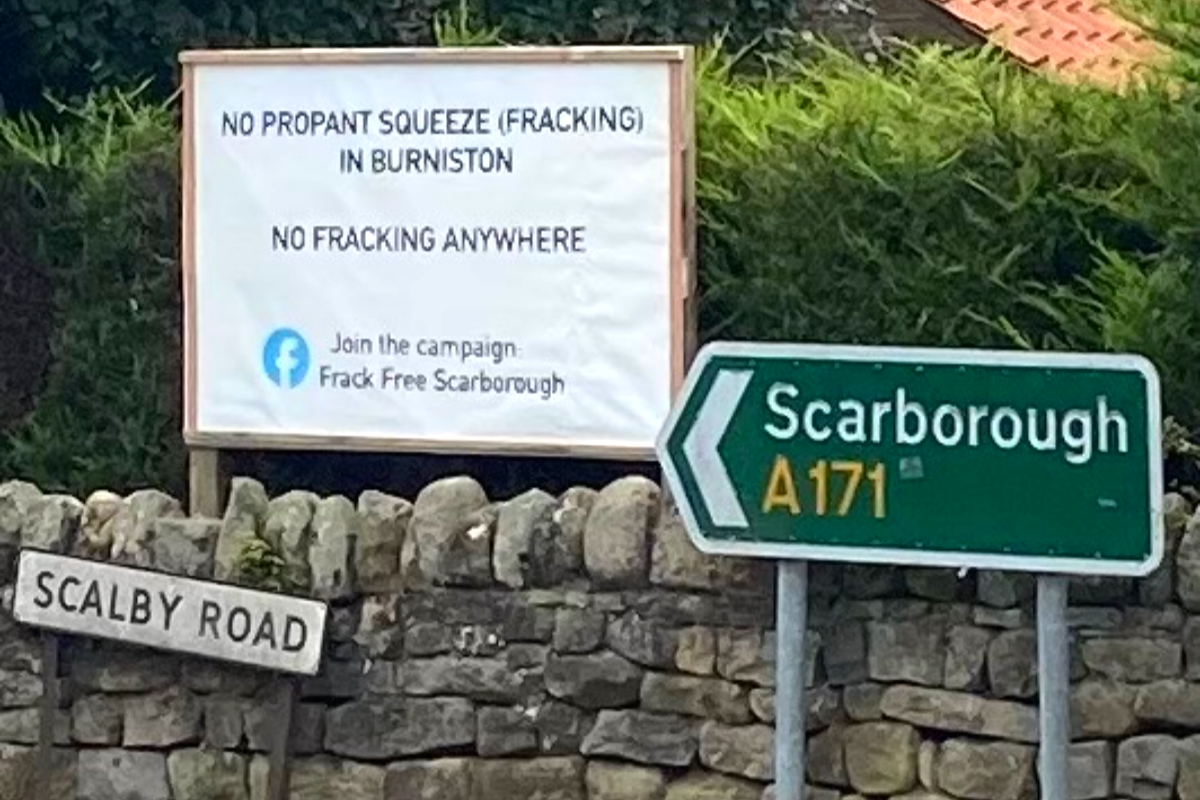 Public Meeting to Discuss Proposed Gas Well in Burniston
Public Meeting to Discuss Proposed Gas Well in Burniston
 Preventative Police Patrols Keeping Scarborough’s Night-Time Economy Safe
Preventative Police Patrols Keeping Scarborough’s Night-Time Economy Safe
 Last Few Days to Back Scarborough Railway Manager for Top Tourism Award
Last Few Days to Back Scarborough Railway Manager for Top Tourism Award
 Scarborough Athletic Seek Trophy Glory
Scarborough Athletic Seek Trophy Glory
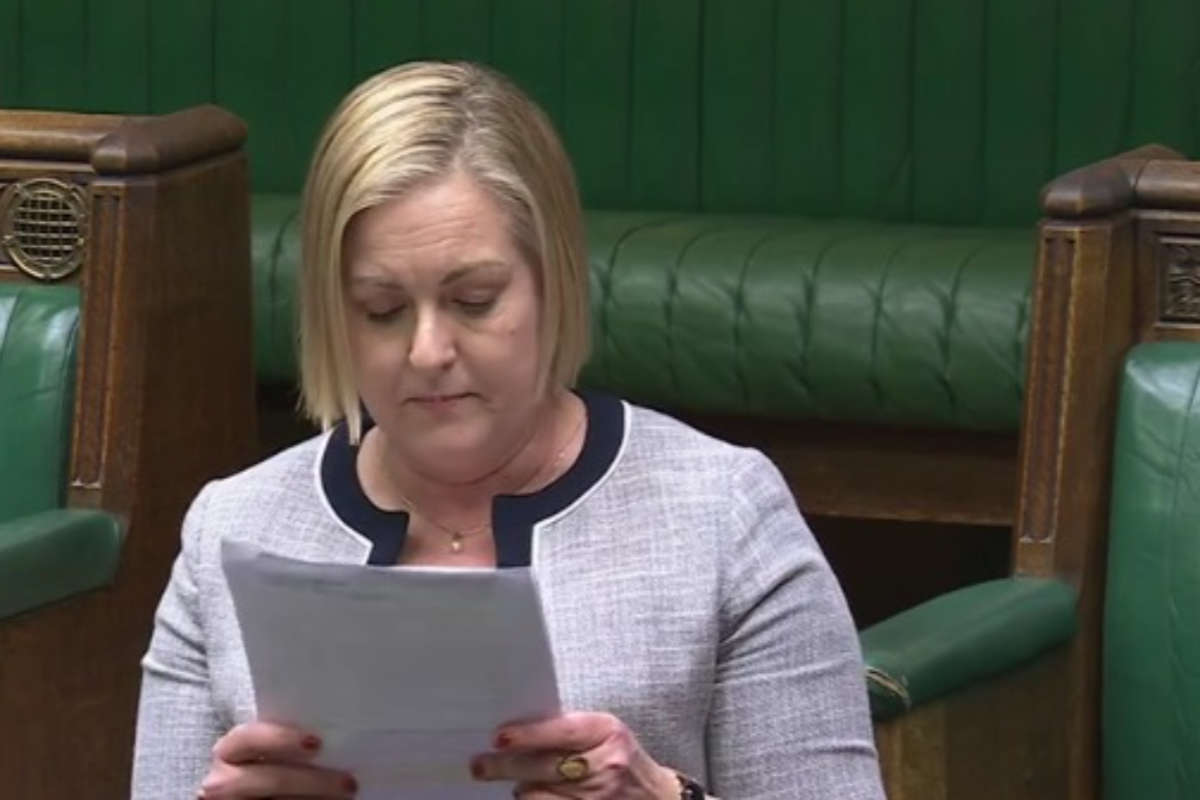 MP Calls For Whitby Bank Site To Be Used ‘For Benefit of Community’
MP Calls For Whitby Bank Site To Be Used ‘For Benefit of Community’









Comments
Add a comment